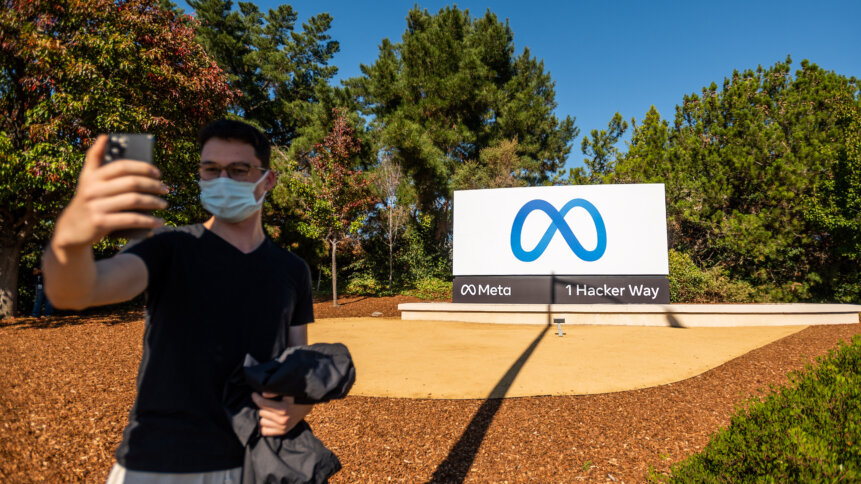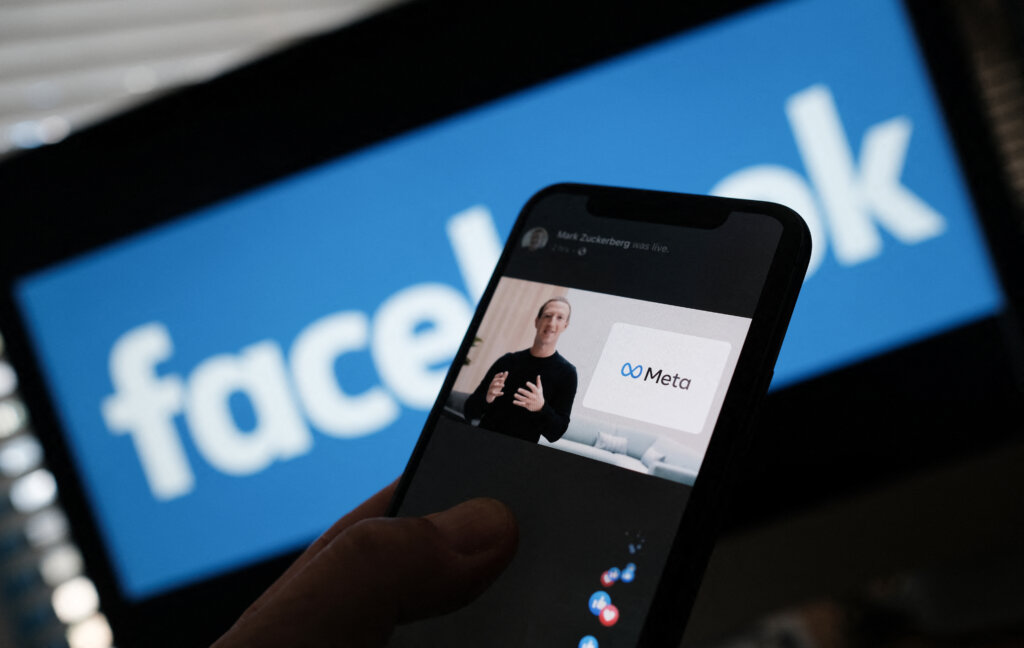What’s the Meta with Facebook’s facial recognition systems?

On a worldwide scale, facial recognition systems have shot up in demand for various use cases. While the technology was initially designed for surveillance and security purposes, today facial recognition is being tapped across different verticals for assorted industries.
For instance, some enterprises use facial recognition as a form of biometric security to grant employees access to critical data and workloads. Mobile phone developers have also now built-in facial recognition tools into devices for users to unlock their phones and such. Immigration departments and border checkpoints are also using facial recognition systems to scan passengers moving in and out of the country.
Despite this, there are some concerns about bias that can arise from such tech. Facial recognition systems work by matching a human face from a digital image or a video frame reference source, against a database of faces or codes. Using AI algorithms, the system works by pinpointing and measuring facial features from a given source.
The problem is the technology can at times make wrong judgments when recognizing people or objects. This AI bias has been causing unpleasantness in society, particularly in categorizing and stereotyping certain individuals based on inherent basic characteristics such as race and gender.
The BBC reports that in 2019, a US government study suggested facial recognition algorithms were far less accurate at identifying African-American and Asian faces compared to Caucasian faces. African-American women were even more likely to be misidentified, according to the study conducted by the National Institute of Standards and Technology.
In social media, facial recognition systems work by recognizing images of a particular person. While the technology has been used for implementation for several years, recent concerns on privacy have been making social media companies relook their strategies in using the technology on their platforms.
And surprisingly enough Facebook, one of the biggest advocates of facial recognition tech has announced the shutdown of its facial recognition system which automatically identifies users in photos and videos for tagging purposes.
No more auto-tagging on Facebook
According to Jerome Pesenti, VP of Artificial Intelligence at Facebook, the shutdown is part of a company-wide move to limit the use of facial recognition in their products. As part of this change, users who opted for Facebook’s Face Recognition setting will no longer be automatically recognized in photos and videos, and the template used to identify them will be deleted.
Pesenti said the change will represent one of the largest shifts in facial recognition usage in the technology’s history. Pesenti also pointed out that more than a third of Facebook’s daily active users have opted into Facebook’s Face Recognition setting and can be recognized, and its removal will result in the deletion of more than a billion people’s individual facial recognition templates.
“Looking ahead, we still see facial recognition technology as a powerful tool, for example, for people needing to verify their identity or to prevent fraud and impersonation. We believe facial recognition can help for products like these with privacy, transparency, and control in place, so you decide if and how your face is used. We will continue working on these technologies and engaging outside experts,” explained Pesenti in a blog post.

(Photo by Chris DELMAS / AFP)
At the same time, Pesenti admits that there have been growing concerns about the technology as a whole, with questions surfacing about the place of facial recognition technology in society. Regulators are also still in the process of providing a clear set of rules governing its use.
Other tech firms such as Amazon and Microsoft have both suspended facial recognition product sales to police as the application of it to indiscriminately identify suspects has become more controversial.
“Amid this ongoing uncertainty, we believe that limiting the use of facial recognition to a narrow set of use cases is appropriate. This includes services that help people gain access to a locked account, verify their identity in financial products or unlock a personal device,” continued Pesenti. “These are places where facial recognition is both broadly valuable to people and socially acceptable when deployed with care. While we will continue working on use cases like these, we will ensure people have transparency and control over whether they are automatically recognized.”
The Meta of facial recognition systems
While the technology is being removed from the world’s most populous social media platform, the metaverse concept that Facebook’s newly-renamed parent company is pursuing may yet require some form of facial recognition algorithms. This could include the recognition and tracking of facial features and movements in order to mimic an avatar in the metaverse. In fact, Pesenti highlighted the potential to drive positive use cases in the future that maintain privacy, control, and transparency.
“It’s an approach we’ll continue to explore as we consider how our future computing platforms and devices can best serve people’s needs. For potential future applications of technologies like this, we’ll continue to be public about intended use, how people can have control over these systems and their personal data, and how we’re living up to our responsible innovation framework,” added Pesenti.
The reality is though, Facebook removing facial recognition from social media may be providing some semblance of privacy to users. But with the company redirecting most of its focus to the metaverse, some form of recognition tool is still needed to ensure users are secured.
For many use cases, the technology is still being improved to ensure it works properly. To power facial video recognition for biometric security purposes, the AI will only improve with more data being generated. While there is still room for improvement in social platforms, Facebook may have been too ambitious and far-reaching with the technology in the first place. Only time will tell when and if they will go back to implementing the technology in the future.










